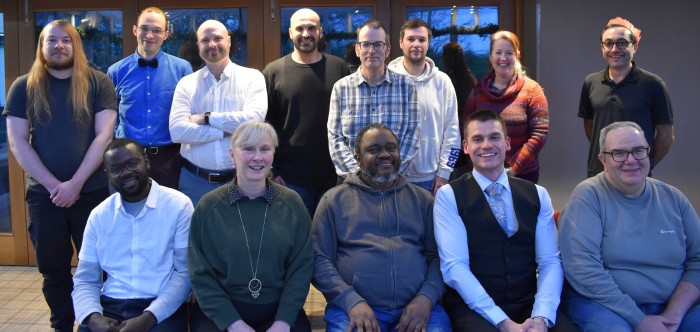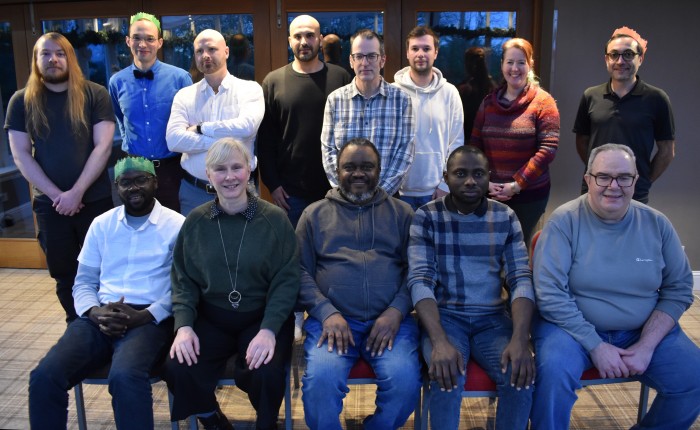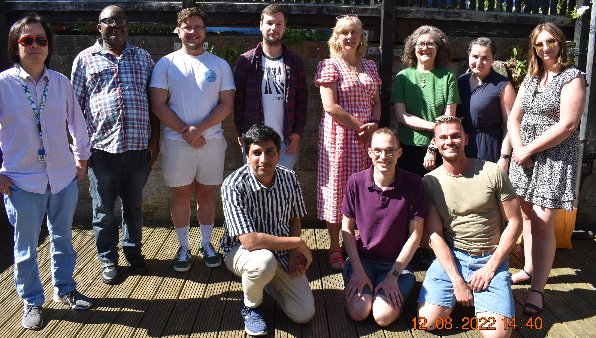We carry out world-leading interdisciplinary cybersecurity research. We make impactful connections, delivering solutions that focus on people, and that make a difference in the world.
In StrathCyber, we aim to build resilience for future societies in cybersecurity contexts. We take problem-driven approaches, working to understand people and organisations - their behaviours, experiences, and challenges online - in the face of current and future threats to identity, privacy, and security. We strive to design solutions that enable legitimate citizens and organisations to operate safely and securely online to achieve their desired goals, and to protect them from online harms. We consciously consider the needs of those who are disenfranchised.
To achieve this vision, we engage in world-leading research and make impactful connections that deliver solutions that focus on people first not systems, and that make a difference in the world. We carry out primary research with people, with organisations and through existing datasets, collaborating within and across disciplines as the task requires.
StrathCyber contains over 50 current members of staff and PhD students, distributed amongst many of the University’s departments, including: Computer & Information Sciences (CIS), Electronic & Electrical Engineering (EEE), Law, Politics, and Accounting & Finance.
We are currently recruiting PhD students.
Our research
Our multi-million pound research portfolio extends across a diverse range of cutting-edge cybersecurity challenges, and is reflected in our internationally leading publications. We are recognised by GCHQ’s National Cyber Security Centre (NCSC) and the Engineering and Physical Sciences Research Council (EPSRC) as an Academic Centre of Excellence in Cyber Security Research (ACE-CSR). Our Graduate Apprenticeship MSc Cyber Security is also accredited by the NCSC.

We have internationally visible expertise and track records in both human factors and technical aspects of cybersecurity and privacy. Interdisciplinary research is the norm in the group.
Our ongoing research covers a wide range of topics as follows.
- Human factors and human behaviours in security and privacy
- Cybercrime, measurement, and policy
- Security economics, law, and regulation
- Botnets, malware, and intrusion analysis
- Side channels
- Cyber Physical Systems
- Internet of Things
- Network and communication systems
- Resilience of software-defined networks and critical Infrastructures
- Trust, identity, and anonymity
- Digital forensics
- Formal methods
- Applied crypto and cryptanalysis
- Cyber safety and diplomacy
- Cybersecurity and Society



